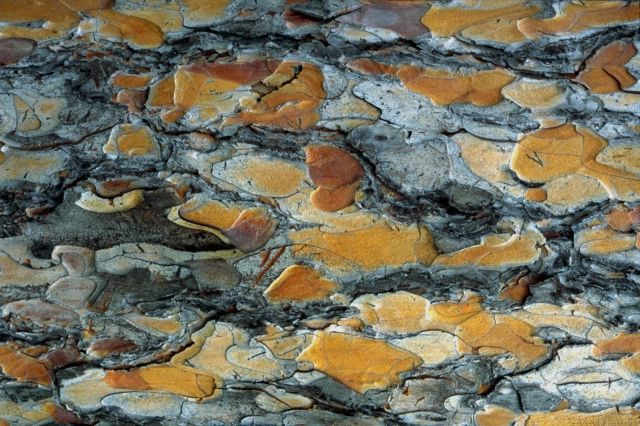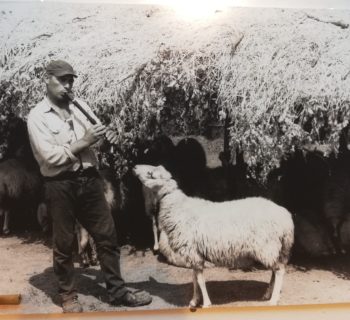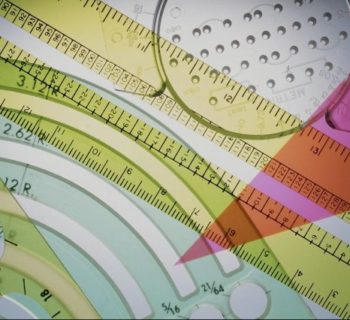The project "OurTown" is based on a game that can be played on a computer or mobile device using the cultural, physical and natural environment of a town or village as a powerful and sophisticated educational resource for children and young people. The game is based on completing learning challenges that will develop core skills (in literacy and numeracy, IT, history, science, music and art) but will also create an awareness of life in their local community, its heritage and its culture and actively engage young people more closely in that community thus developing active citizenship and a sense of identity.
The project website is here: our-town.eu
For a local prototype we had made this promo video:
The project provides free, open access to a large bank (400) of graded learning challenges in maths, language, literature, music, history, geography, art and science accessible through mobile phones and using simple, robust, scalable and free technology in a creative way. Statistics show that even in the most disadvantaged groups ownership of mobile phones is at a level comparable with the rest of the population and in some cases, higher (Anderson 2012 Ethnic Minority-Majority Internet Use in the European Union) The study also showed that [ethnic] minorities are less likely to use the internet than other groups but "survey data consistently shows that minorities are more likely to use mobile internet."
A European Parliament briefing sheet in Dec 2015 (Bridging the digital divide in the EU) stated that mobile devices increasingly complement the way we access and use the internet: "The number of EU citizens using mobile devices such as tablets and mobile
phones to access the internet has increased from 36% in 2012 to 51% in 2014." However it also showed that the groups most likely to use mobile devices for accessing the internet are young people, people in rural areas and families who fall below the average income. This project capitalises on that trend by using mobile technologies to engage exactly those groups.
The project creates informal learning challenges located in the physical aand cultural environment of an established community that address the needs of particular disadvantaged groups. In all partner countries it helps to overcome low levels of parental engagement with their children's education in line with the Jan 2016 EU recommendation that "policies for transforming schools should focus on parental involvement". (European Parents Association 2016)
The project works across ages. There is a focus on helping older adults, community groups and societies, local business people and charities to participate in the project by supporting them to create learning challenges that reflect their interests but which also provide quality learning opportunities for young people. Similarly, young people in youth clubs, schools and informal groups will be able to create digital content related to their village or neighbourhood which will enrich the environment for others.
In Greece and in Wales it also helps the integration of refugees into their new communities by providing physical links to the people, the environment, the history and culture of those communities in the learners own language. In Wales it also provides a unique facility for the 40% of children who are first language Welsh speakers. In Valea Caselor in Romania it enriches the environment and provides learning opportunities that exist in large towns but are lacking in small rural villages that have suffered from depopulation, poor transport infrastructure and increasing urbanisation of the country. In Portugal, the municipal authority in Evora, a world heritage town in Alentejo.
DURATION OF THE PROJECT - 24 months (09/2018-08/2020)
The OurTwon project has been financed within the framework of ERASMUS+ programme, Cooperation for innovation and the exchange of good practices, Strategic Partnerships for school education, ref. 2018-1-UK01-KA201-048186.








